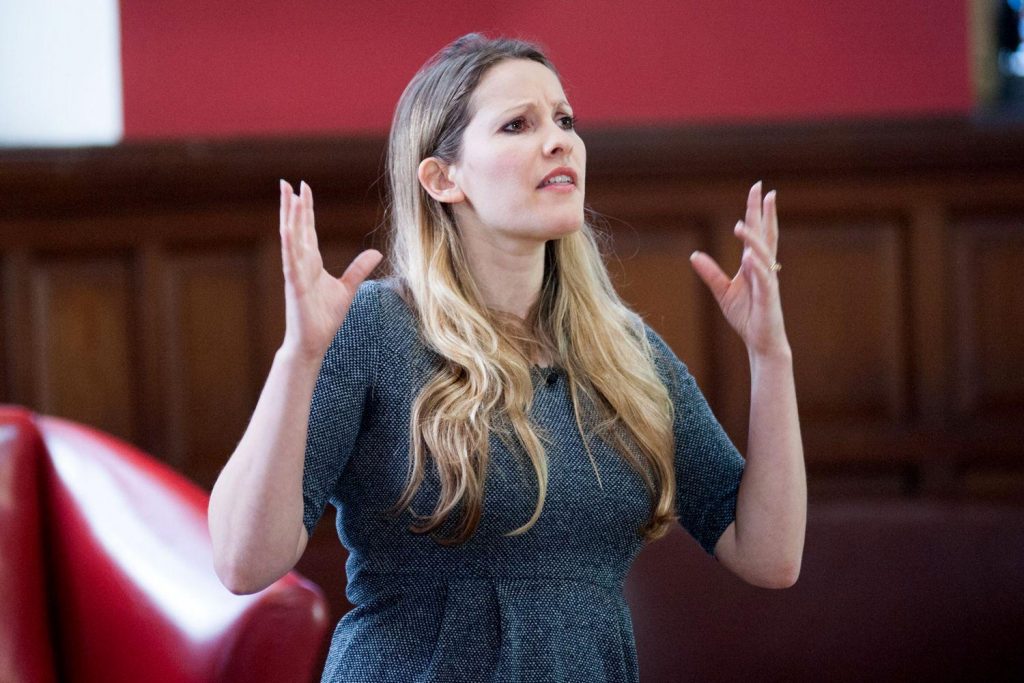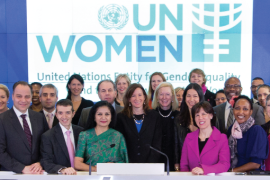Founder of the Everyday Sexism Project, Laura Bates, discusses the prevalence of rape and sexual violence against women and girls and how systemic misogyny explains why so many perpetrators escape conviction. Her new book, Fix the System Not the Women, was just released.
In an interview with independent tv, she said, “when we talk about patriarchy, we talk about something so big, it is always difficult to put down what it means. But if you try to divide up the kind of institutions that you’re talking about, what we are trying to say is patriarchy is systematic”.
“As an individual, it is a system failure, and it’s the way the world is built around us, not the way we move through it, that’s the problem. So, if it means showing people what that means in practice, then it’s a useful way to move forward.”
“Needless to say, actually 2000 police officers have been accused of sexual misconduct in the last four years or saying only one in 18 police officers accused of sexual assault ever sees a formal process brought against them or half of the met police officers found guilty of sexual misconduct kept their jobs.”
“That is a clear definition of system problem that we are describing, and I must link that to the kind of outcome and societal impact to think and believe. I believe that the systematic misogyny is linked to the Individual cases that we are encouraged to see if the isolated incident, but we were told that it is abbreviations of a bad apple no one saw coming when in reality, his colleagues nicknamed him “the rapist” and been three times the incidence.”
“The system makes you; you are not isolated incident, and the only way to fix them is to recognize that to join the dots to link that to the external impacts that just 14% of rape reported result in a charge or summons to the broken system results in a complete devastating failure provide a kind of justice.”
“Talking about justice for false allegations of rape that is very incredibly vanishing where in terms of statistics certainly no more common than a false allegation of any other type of crime which we rarely hear about and even in most cases, if you look more closely what you find is that even when false allegations have happened very frequently, It is because of a very complex need.”
“It is because somebody has gotten someone with a particular allegation that turned out that the offence was, in fact, a slightly different, so it ends up being registered as a false allegation because it was a rape rather than a sexual assault and vice versa of technicalities. Isn’t this a dangerous issue? A man in the UK is 230 times more likely to be raped than be falsely accused of rape. That is how little it is,” bates says,





Comments are closed.